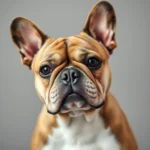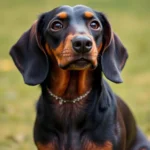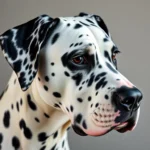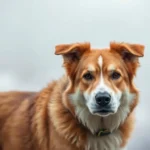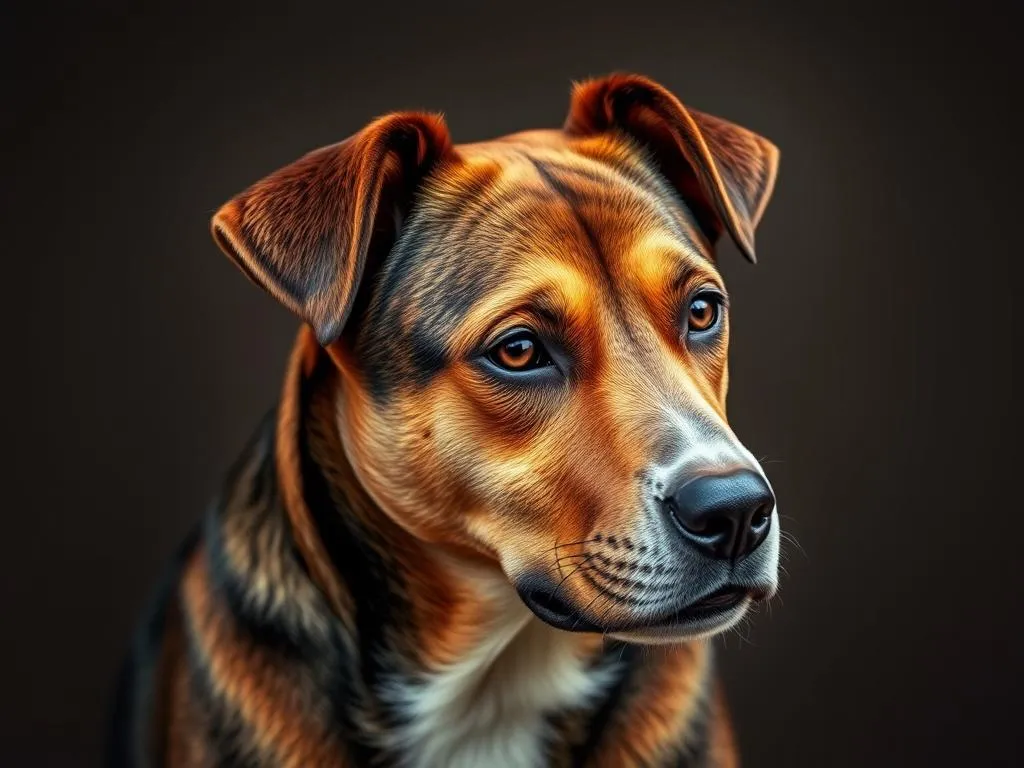
Introduction
Dog breeds play a significant role in Nigerian society, serving various purposes such as companionship, security, and herding. With a rich cultural heritage, dogs in Nigeria are not just pets; they are often seen as family members and guardians. This article explores the popular dog breeds in Nigeria, detailing both local and imported breeds, their characteristics, and considerations for potential dog owners in different living situations.
Understanding Dog Breeds
Definition of Dog Breeds
A dog breed is a specific strain of domestic dog that has been selectively bred for certain traits, including temperament, physical characteristics, and purpose. Different breeds exhibit unique behaviors, sizes, and appearances, making them suitable for various roles. For instance, some breeds are known for their loyalty and protective instincts, while others are bred for herding or companionship.
Factors Influencing Dog Breeds in Nigeria
Several factors influence the choice of dog breeds in Nigeria:
-
Climate and Environment: Nigeria has a tropical climate, which affects the suitability of certain breeds. Dogs that can withstand heat and humidity are preferred.
-
Lifestyle: Urban living often means limited space, so smaller breeds may be more suitable, whereas rural areas may favor larger, working breeds.
-
Cultural Preferences: Historical context and local traditions can also dictate the popularity of certain breeds, with some being favored for their roles in local customs.
Overview of Popular Dog Breeds in Nigeria
Local Breeds
Nigeria is home to several indigenous dog breeds that have adapted to local conditions.
-
Basenji: Known for its unique yodel-like sound, the Basenji is a small to medium-sized breed originally from Central Africa. They are intelligent, independent, and require firm training. Their short coat makes them suitable for Nigeria’s warm climate.
-
Nok Dog: This breed, named after the Nok culture, is believed to be one of the oldest in Nigeria. Nok dogs are medium-sized and possess a keen protective instinct, making them excellent guard dogs.
Imported Breeds
Imported dog breeds have also gained popularity in Nigeria due to their versatile nature and appealing characteristics.
-
German Shepherd: Known for their intelligence and loyalty, German Shepherds are often used as police and military dogs. Their protective nature makes them excellent family companions.
-
Labrador Retriever: Friendly and outgoing, Labradors are one of the most popular breeds globally. They are known for their playful disposition and make great family pets.
-
Rottweiler: Rottweilers are strong and confident dogs, often used for protection. Their loyalty and protective instincts make them popular among families seeking security.
Characteristics of Popular Dog Breeds
Size and Weight
Dog breeds vary significantly in size, and it’s essential to assess which size fits your living situation.
-
Small Breeds: Breeds like Dachshunds and Chihuahuas are suitable for apartments and have lower exercise needs.
-
Medium Breeds: Breeds like the Basenji and Beagle can adapt well to both urban and rural settings.
-
Large Breeds: Larger breeds like the Rottweiler and German Shepherd require more space and exercise, making them better suited for homes with yards.
Temperament and Behavior
Different breeds have distinct temperaments that can influence their suitability for various households.
-
Friendly and Playful: Breeds like Labradors are known for their sociable nature, making them great with children.
-
Protective: German Shepherds and Rottweilers are known for their protective instincts, making them ideal for families looking for security.
-
Independent: Breeds like the Basenji can be more independent and may require more patient training.
Health Considerations
While many breeds are generally healthy, some popular breeds may be prone to specific health issues.
-
German Shepherds: May suffer from hip dysplasia and degenerative myelopathy.
-
Labrador Retrievers: Can face obesity-related issues if not managed properly.
-
Rottweilers: Are prone to heart issues and certain types of cancer.
Regular veterinary care and preventive measures are essential for maintaining your dog’s health.
Choosing the Right Dog Breed for Your Lifestyle
Assessing Your Living Situation
Your living environment plays a crucial role in determining the best dog breed for you.
-
Urban Living: If you live in a city, you might consider smaller breeds that adapt well to limited space, such as Dachshunds or French Bulldogs.
-
Rural Living: Larger breeds like the Rottweiler or German Shepherd can thrive in rural settings where they have more room to roam.
Family Considerations
Not all breeds are suitable for families with children or other pets.
-
Child-Friendly Breeds: Breeds like Labradors and Beagles are known for their gentle nature with children.
-
Good with Other Pets: Breeds such as Golden Retrievers typically get along well with other animals, making them great additions to multi-pet households.
Activity Level and Grooming Needs
Different breeds have varying energy levels and grooming requirements.
-
High-Energy Breeds: German Shepherds and Labradors require regular exercise and mental stimulation to stay healthy and happy.
-
Low-Energy Breeds: Breeds like Bulldogs are more laid-back and require less intensive exercise.
-
Grooming Needs: Short-haired breeds generally require less grooming, while long-haired breeds may need more frequent brushing and care.
Caring for Your Dog in Nigeria
Nutrition
A balanced diet is crucial for your dog’s health. In Nigeria, several brands offer quality dog food, including both local and imported options.
-
Local Brands: Many Nigerian brands provide nutritious options tailored to local breeds and climate.
-
Imported Brands: Popular international brands are also available, often containing high-quality ingredients.
Training and Socialization
Training is essential for all dog breeds, ensuring they are well-behaved and socialized.
-
Basic Training Tips: Consistency and positive reinforcement are key. Start with basic commands and gradually introduce complex tasks.
-
Importance of Socialization: Early socialization exposes your dog to different environments, people, and other pets, helping them develop into well-rounded animals.
Health Care
Routine veterinary care is vital for your dog’s health.
-
Routine Check-Ups: Regular veterinary visits ensure your dog is healthy and up-to-date on vaccinations.
-
Common Parasites: Dogs in Nigeria are susceptible to parasites such as ticks and fleas. Preventive medications are essential.
Challenges of Owning Dogs in Nigeria
Environmental Challenges
The Nigerian climate can pose challenges for dog owners.
-
Hot Weather Considerations: It’s essential to provide plenty of water and shade for your dog to prevent heat exhaustion.
-
Urban Challenges: In busy cities, traffic and crowded spaces can be stressful for dogs. Proper training and socialization can help alleviate these issues.
Safety and Security
Dog theft and other security concerns can affect dog owners in Nigeria.
-
Securing Your Dog: Use sturdy collars and leashes, and consider a secure yard if you have one.
-
Public Safety: Always be aware of your surroundings when walking your dog, especially in crowded areas.
Conclusion
Choosing the right breed is crucial for a harmonious relationship between you and your dog. Understanding the popular dog breeds in Nigeria and considering local context can guide your decision. Owning a dog is a rewarding experience that comes with responsibilities, and being informed can help you provide the best care for your furry friend.
By considering factors such as living situation, family dynamics, and activity levels, you can select a breed that fits perfectly into your life. Responsible dog ownership contributes to a loving relationship and the overall well-being of your pet.

